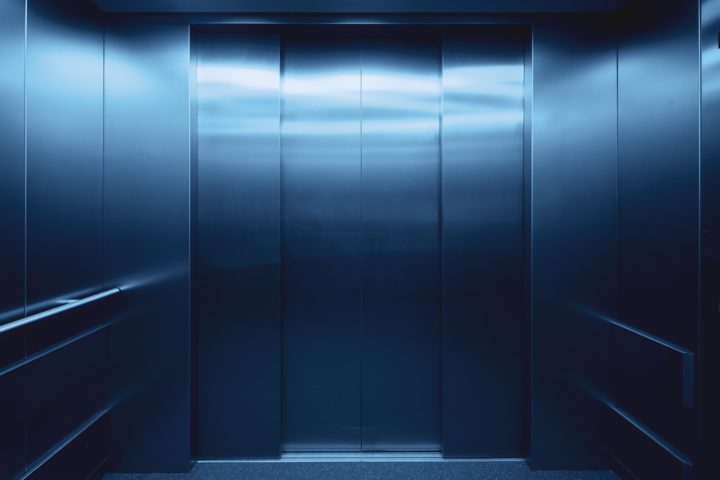Elevators are an important part of many businesses and homes, and it’s important to keep them in good working order. By identifying and fixing common elevator problems, you can help ensure that your elevator stays operational and keeps your life running smoothly.
Hydraulic Pump Issues
One common problem that may affect your elevator is a hydraulic pump issue. If you hear grinding noise when an elevator starts and stops, the hydraulic components might need to be replaced. This can be very expensive, so it’s important to catch this kind of problem early on and repair it until it becomes an even bigger problem. The science behind elevator hydraulics is that these pumps deliver liquid into the hydraulic cylinder to lift and support the elevator car. Some signs that this problem is occurring include:
- Strange noises when starting and stopping the elevator
- The elevator jerks before it starts or stops
- The cabin rocks slightly on its way up or down
If you notice these issues, call an expert that specializes in hydraulic cylinder repair immediately, so they can prevent any damage from getting worse. There are many different reasons why your elevator might be having problems like these, so hire only a professional contractor who knows how to identify and quickly fix this common problem with hydraulic pumps and cylinders.
Broken Cables
Elevator cables must be regularly checked for wear and tear or other problems could develop over time. If you have broken cables, you’ll want to have them fixed as soon as possible so your elevator doesn’t become dangerous or unusable. Broken cables can be extremely dangerous, so don’t ignore this problem. Broken cables usually develop over time and the cause is often referred to as ‘fatigue’. Fatigue results when metal or other materials are exposed to continuous stress for an extended period. If your elevator is making unusual noises or jerking, these might be symptoms that you have broken cables. To fix broken elevator cables, an experienced contractor will replace the damaged sections with new ones.
Lack Of Preventative Maintenance
If you don’t routinely check your elevator’s maintenance records, now is the time to start doing it! Neglecting regular preventative maintenance can make serious problems worse before they are discovered by a professional service technician. By keeping up with regular preventive maintenance for your elevator system, you can help prevent dangerous and costly problems like broken cables. Also, if you do so, this will help lower the cost of any problems that might occur. It’s important to hire skilled professionals for preventative maintenance so they can identify any other problems while working on your elevator system.
How Can You Reduce Having to Fix Your Elevator?
To reduce fixing your elevator, keep it properly lubricated. The two most common types of lubricants used for elevators are mineral oil and polychloroprene (neoprene). Both of these lubricants must be changed periodically to ensure that the lifts remain safe to use. If your contractor is not replacing these oils on time or at all, then consider getting another company for the upkeep of your lift system before serious issues arise. Lubrication is far more than just oiling the moving parts. Lubricating your elevator means checking all of its operations regularly, both inside and outside of each car. To avoid common issues like hydraulic pump problems, you must stay proactive about lubrication. There are many preventative steps that you can take to help reduce the need for things to fix or replacements to your elevators.
Is Your Elevator Slowing Down?
If you notice that your elevator’s speed has been reduced over time, this could be a sign of a serious problem developing. While slowing down typically indicates a hydraulic issue at play, it can also mean other things as well – such as faulty brakes or safety switches – so make sure to get it checked by a qualified technician before you try to use the elevator again. If the brakes are malfunctioning, there is also an increased risk of electrical fires. For prevention, consider having your cables checked out before the problem gets worse. Keep in mind that your elevator might be slowing down due to other factors as well, such as stress on the system caused by increased traffic and usage.
These are only some of the common problems that elevators may develop over time. With regular preventive maintenance and timely replacements, your elevators should be able to operate safely and efficiently for many years. Elevator contractors can help identify these kinds of issues quickly so they can be fixed as soon as possible. This helps ensure that your lift does not experience further damage or fail while you’re trying to get it fixed.
















